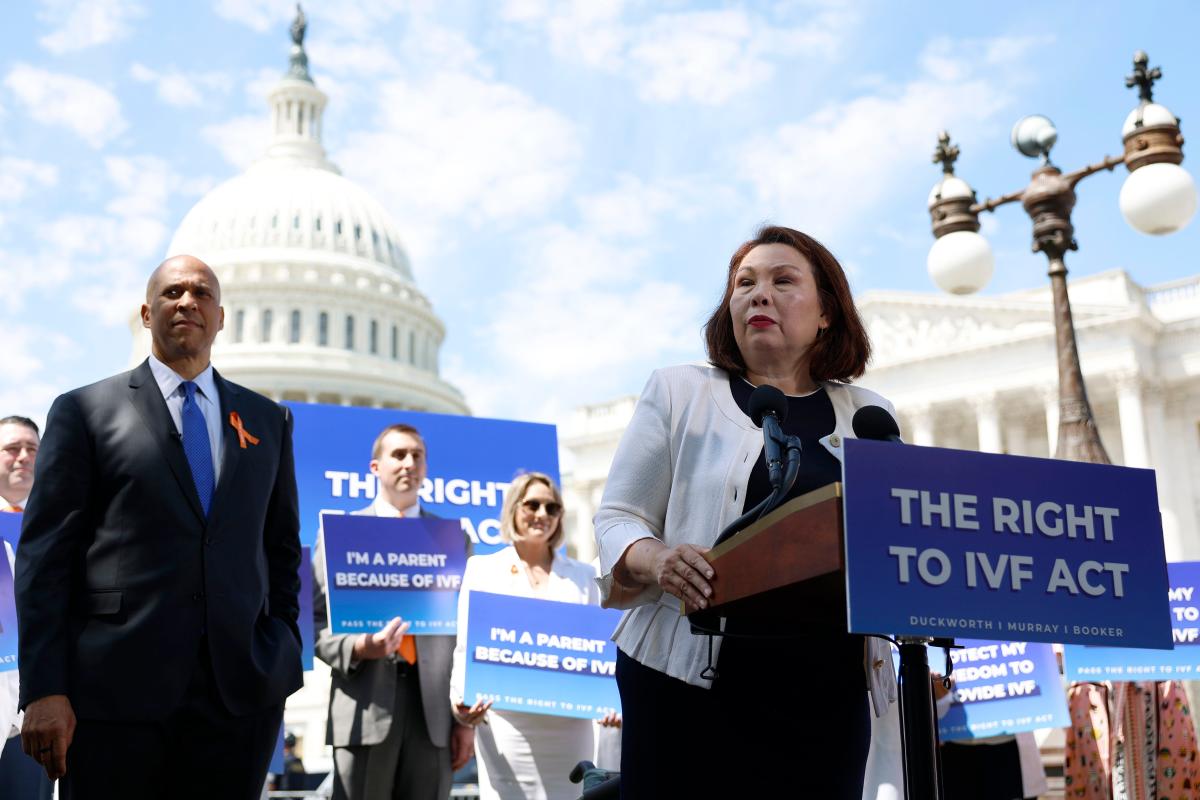:max_bytes(150000):strip_icc():focal(999x0:1001x2)/robert-edwards-louise-joy-brown-ivf-baby-main-split-112024-08bab553e288438faf3e30561fc6d394.jpg)


Louise Joy Brown, born on July 25, 1978, is recognized as the first baby conceived via in vitro fertilization (IVF) in England. Her birth was facilitated by pioneering doctors Dr. Robert Edwards, Dr. Patrick Steptoe, and Jean Purdy after a decade of dedicated research. Since then, over 12 million babies have been born through IVF, marking a significant milestone in reproductive health [b43eeb96].
Louise's journey began when her parents struggled with infertility for nine years due to blocked fallopian tubes. She was delivered via cesarean section at Oldham General Hospital, a moment that would change the landscape of reproductive medicine forever [b43eeb96]. Today, Louise is a proud mother of two sons, Cameron (born 2006) and Aiden (born 2013), both conceived naturally. She actively advocates for reproductive health as an ambassador for Bourn Hall, the clinic where she was conceived, and has published a book titled 'Louise Brown: My Life As the World’s First Test-Tube Baby' to honor her parents' struggles and triumphs [b43eeb96].
In addition to her advocacy work, Louise attended the premiere of the Netflix film 'Joy' on November 22, 2024, which depicts her remarkable story and the groundbreaking work of the scientists behind IVF. The film aims to shed light on the emotional and scientific journey of assisted reproduction, addressing the misconceptions surrounding the term 'test tube baby' [b43eeb96].
The narrative surrounding IVF has evolved significantly since Louise's birth, with ongoing discussions about reproductive rights and the societal implications of assisted reproductive technologies. The play 'A Child of Science,' directed by Gareth Farr, also explores these themes, focusing on the emotional journey of IVF pioneers and the patients they helped. While the play runs at the Bristol Old Vic until July 6, 2024, it has received mixed reviews regarding its portrayal of the complex social issues tied to IVF [9b8449a6].
As the conversation around reproductive health continues to grow, Louise Joy Brown's legacy serves as a reminder of the importance of accurate representation and understanding in the narrative of assisted reproduction [5019daaf].